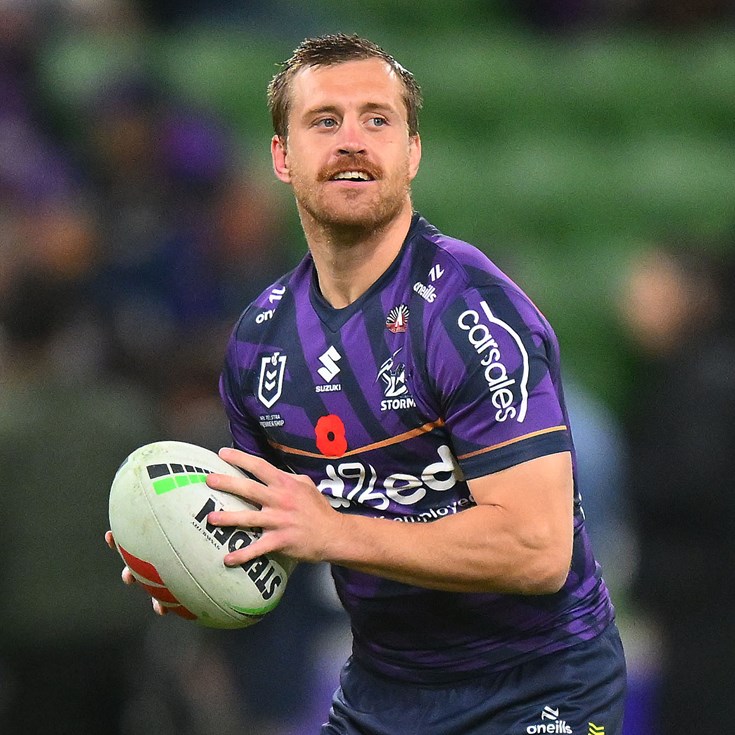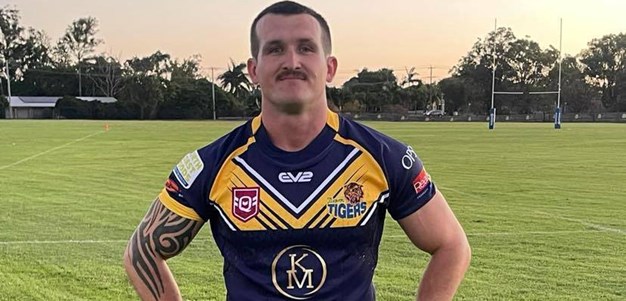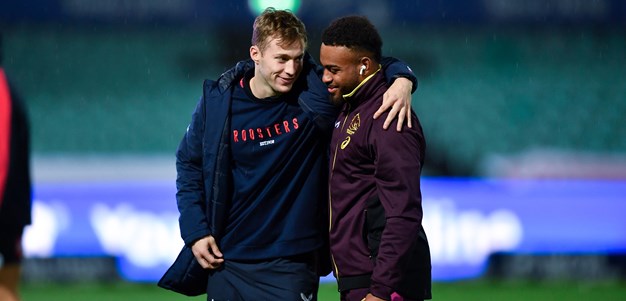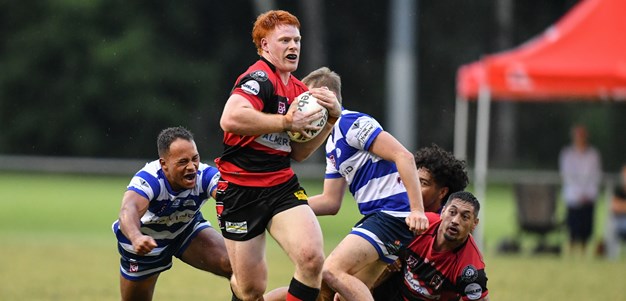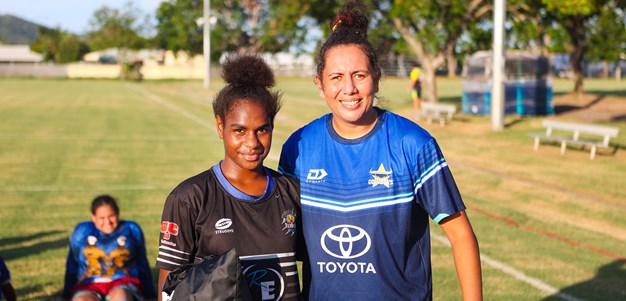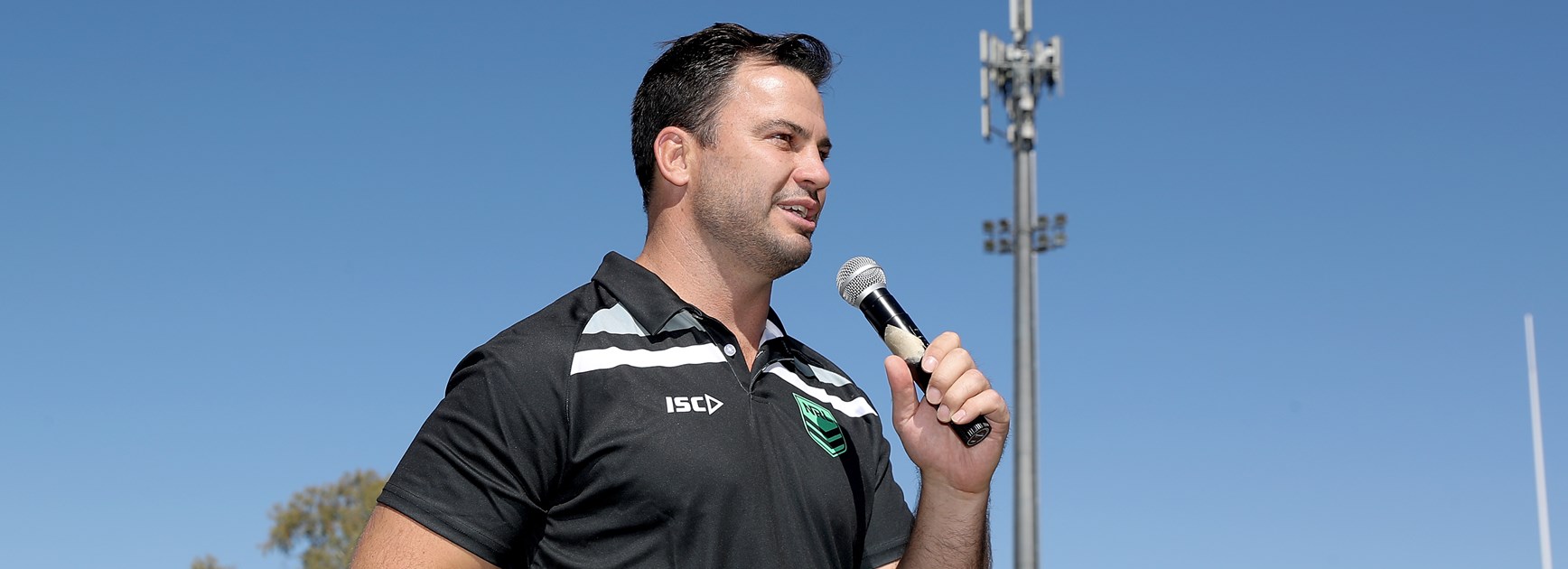
The suicide of a beloved clubman inspired the Mustangs Brothers junior club to stamp out the stigma around mental health issues.
Nathan Foster was a long-time player at the Mustangs with obvious talent, tipped for big things after earning a contract with the Brisbane Broncos.
When Foster took his own life unexpectedly a few years ago, it sparked the Mustangs to overhaul their culture so the topic of mental health was no longer taboo.
The Mustangs, based near Brisbane, believe a fit mind translates to a strong body and, while winning is the club's objective, it doesn't supersede the welfare of the players.
"Yes, trophies in our cupboard are nice, but having a happy, healthy club is more important," said Mustangs secretary Ali Voigt.
"Players and staff at our club are offered support and guidance when suffering both mental and physical injuries.
"We have reached out to Beyond Blue and have received resources that contain information for our members."
Many of the Mustangs' coaches, trainers and officials have undergone mental health training to identify and assist anyone that may be struggling.
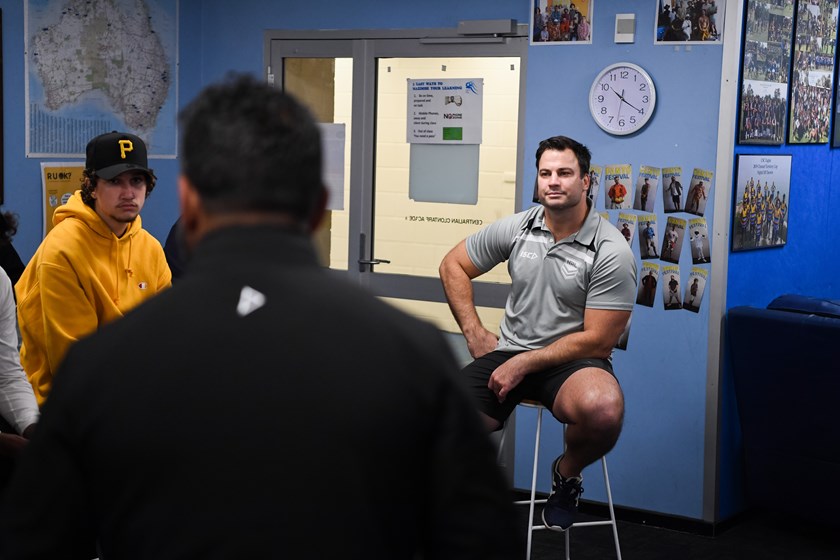
The club has also stopped providing beer to the senior teams after games. Instead, family meals are encouraged with free use of a barbecue.
In late July, former NRL player David Shillington visited the Mustangs to deliver a State of Mind education session, before Clinton Toopi helped assess the club and establish a Mental Health Action Plan.
With a host of positive protocols already in place, the Mustangs received top marks across all four Leadership, Inclusiveness, Education and Awareness categories to become a State of Mind-recognised club.
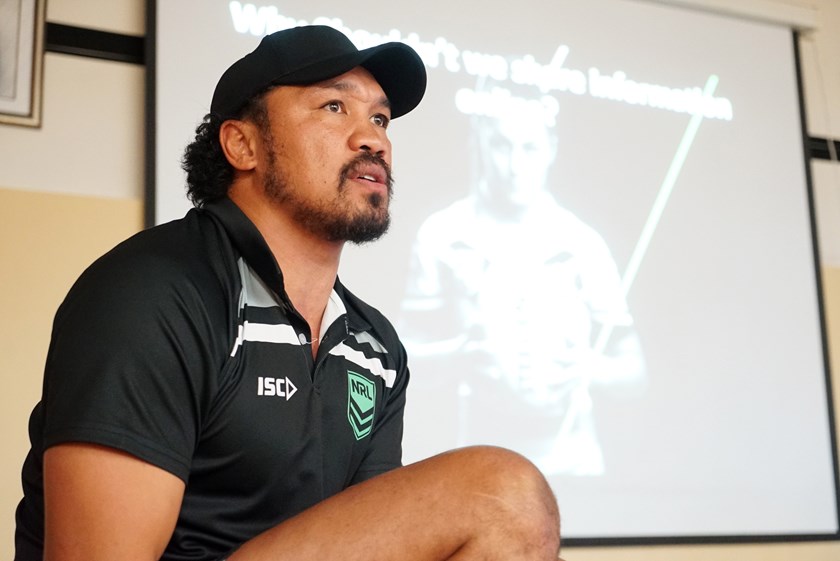
State of Mind program manager Michael Green said the Mustangs' work could serve as the ideal model for other clubs.
"What we find is the more proactive clubs in the program are the ones who have had an incident of mental ill-health or had challenges with mental health," Green told NRL.com.
"It's an amazing story that there are clubs out there that are so proactive."
Even before the State of Mind workshop, the Mustangs hosted a mental health seminar for members.
"If people feel as if they belong, they are more likely to reach out for help," Voigt said.
"At Mustangs, we regularly promote both physical and mental well-being. We encourage our club members to reach out and be a part of the club that prioritises health."
The NRL State of Mind program is sponsored by the Queensland Government.
Help is available 24/7 for anyone who has mental health issues by calling Lifeline Australia on 13 11 14
